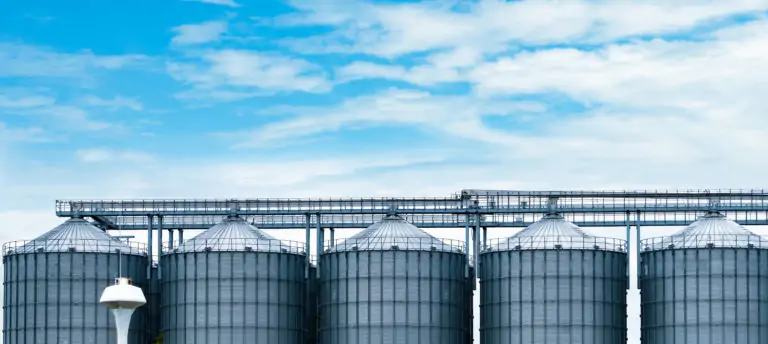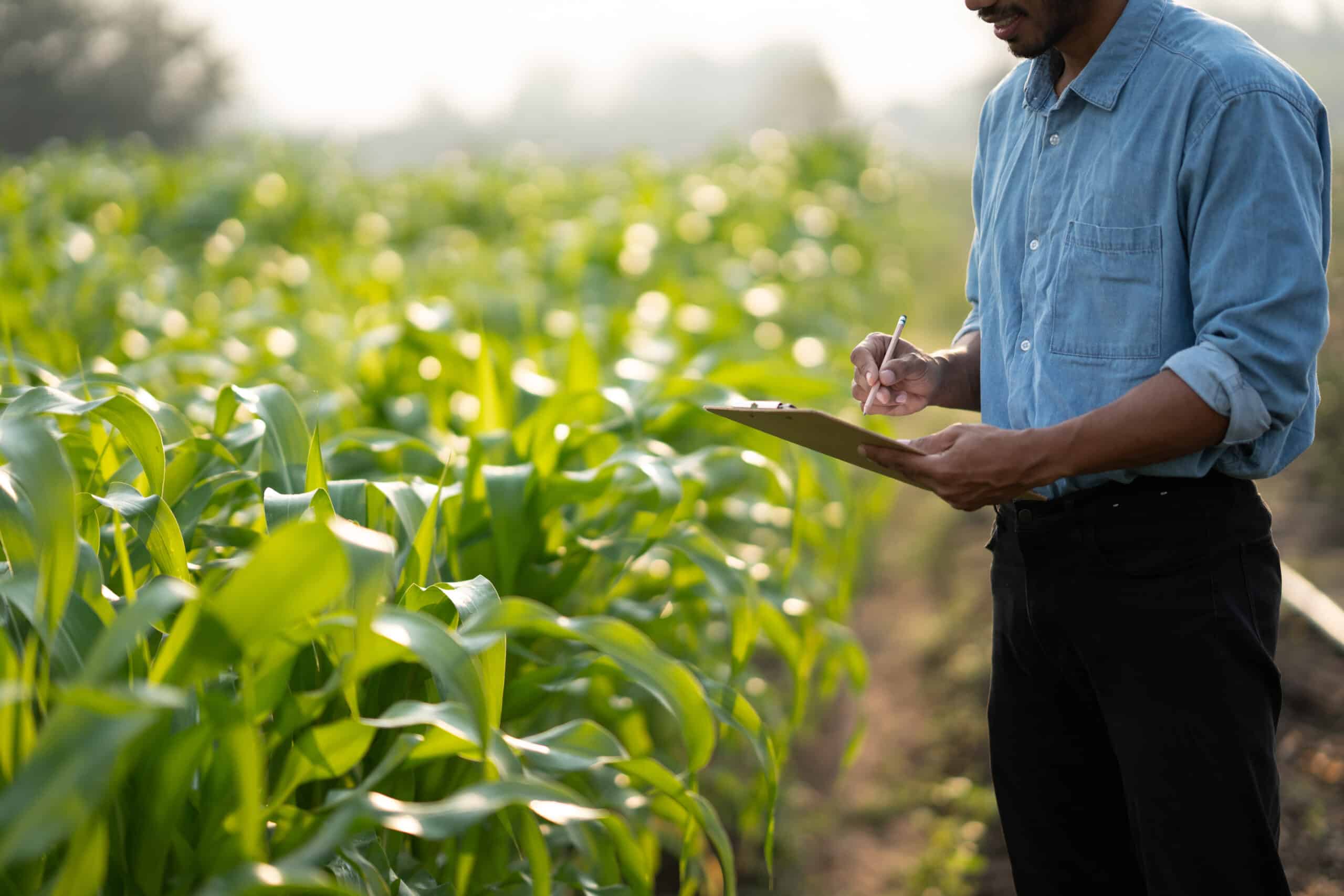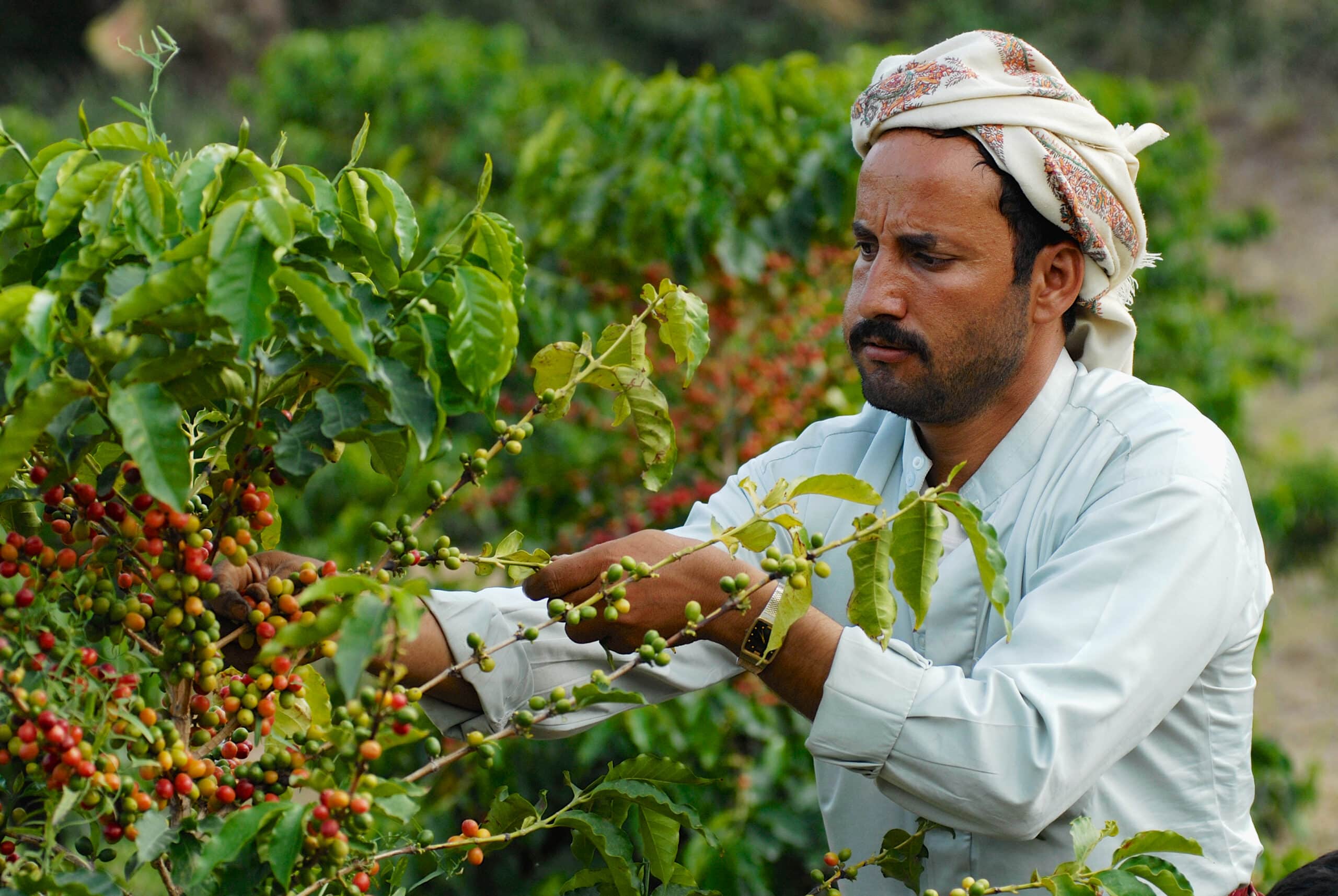The Russian Ukrainian conflict has disrupted the Black Sea grain trade, led to pressure on global commodity prices and is driving concern about the impact of the conflict on food-insecure countries. However, even before the current conflict in Europe, parts of Africa and the Middle East were already affected by food shortages due to ongoing conflict.
The rise in food crises
Last year the number of people deemed to be in food crisis or worse rose from 135 million in 2020 to 161 million in 2021 – a 19% increase. The situation reflects deepening humanitarian emergencies in some of the 10 largest food crises, notably the Democratic Republic of the Congo, Ethiopia, Nigeria, Yemen and Sudan.
In addition conflict in the Central African Republic, eastern parts of the Democratic Republic of the Congo and northeast Mozambique have disrupted livelihoods and agriculture, displaced populations, and restricted humanitarian access. This came along with significant macroeconomic shocks, the COVID-19 pandemic and increasingly frequent and severe extreme weather.
War was the principal driver of acute food insecurity in Ethiopia where fighting spilled over from Tigray into neighbouring Amhara and Afar regions, constraining humanitarian assistance, and in South Sudan where localized violence disrupted humanitarian operations. In Somalia, 389,000 people fled their homes due to conflict/insecurity in the first seven months of 2021 while in Sudan, inter-communal violence in Central, North and West Darfur, South and West Kordofan and Red Sea states displaced around 226 000 people between January and July 2021.
A major driver of food insecurity
According to Marie Haga, Associate Vice-President of External Relations and Governance, the UN’s International Fund for Agricultural Development conflict is the main driver of hunger in most of the world’s food crises.
According to the IFPRI (International Food Policy Research Institute), conflict can create a vicious circle with market disruption leading to increased demand, which in turn leads to greater tensions within the population. During a time of conflict, civilians are frequently deprived of their income sources. Food systems and markets are disrupted, pushing up food prices and sometimes leading to scarcities of water and fuel and food itself which can lead to further tensions.
Climate change, desertification, population expansion, trafficking and terrorism have been highlighted as the reasons for the surge in violence in some countries. In the last few years, several African countries such as Nigeria have seen increased conflict between nomadic pastoralists and sedentary farmers and among pastoralist groups.
Agriculture is critical to the Nigerian economy and contributes to a third of the country’s GDP with more than 80% of Nigerians identifying as smallholder farmers who produce over 90% of the country’s domestic output on 33% of its land. But despite the sector’s significant contributions to economic stability and employment, the insurgence of armed banditry, terrorism, militancy, and kidnapping, has led to food price spikes and an increased reliance on imports.
Reducing the impact of conflict on food supply
There is a need for greater global resilience within food systems. Emergency food stocks can mitigate market disruptions and prevent hunger from spiralling out of control. Emergency food aid can limit immediate food shortages and assist in moving to longer-term sustainable and more productive farming and food systems. However, short term measures are not enough.
There is a need for long term investment in rural economies to reduce tensions. For example, in Western Sudan, rehabilitating, constructing, and managing water points has reduced tensions between nomadic pastoralists over water rights. In Colombia, projects to increase access to finance and training increased food production and rural job opportunities and deterred young people from joining insurgent groups.
Investment in food production and the rural economy is critical to breaking the vicious cycle of conflict and food insecurity. More resilient and sustainable food systems will not only provide a cushion from the effects of war but reduce the tensions behind some of the world’s conflicts.
Talk to us about future policies and projects
The Ukraine war and its subsequent impact on food security has highlighted the vulnerabilities of food systems and the urgent need for greater global resilience. While the industry’s response to this disruption has been swift and, in many ways, effective, these reactive interventions still fail to address challenges absolutely, underscoring the need for more proactive, sustainable, and inclusive strategies to fortify food systems against future shocks.
At Farrelly Mitchell, our global network of agribusiness experts holds deep insights into emerging trends, shifting markets, and evolving regulatory demands. We leverage our industry-leading insights to support government agencies and private businesses in safeguarding their operations and establishing more resilient food systems. Our food safety and food security consultants have a unique birds-eye perspective on how social, political and environmental events can have an impact on the global food supply chain, and we devise tailored strategies to our clients to navigate these risks and turn them into growth opportunities. Get in touch to learn how our industry experts can help.














